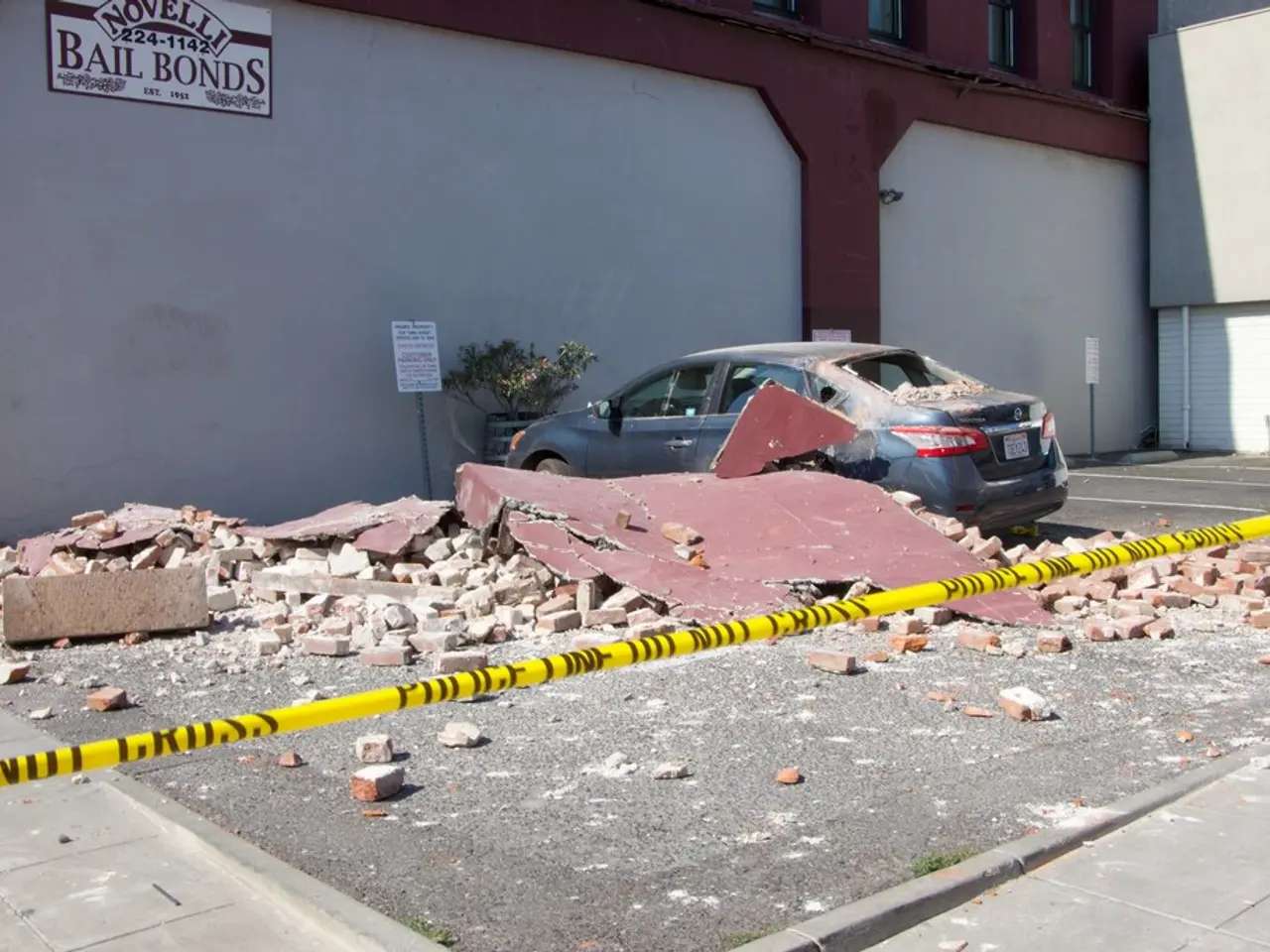Unlawfulness of Malta's 'golden passport' program established by EU's highest court.
Unloading the Golden Passport: Malta's Controversial Citizenship for Cash Scheme Hangs in the Balance
In an unprecedented move, the European Court of Justice (ECJ) has slapped Malta's golden passport scheme with a hefty prohibition, finding it incompatible with EU law, due to a lack of a genuine connection between applicants and Malta [1][3].
The scheme, often criticized for turning citizenship into a commercial transaction [1], has been a lucrative venture for Malta's government, generating over €1.4 billion since its inception in 2015 [2]. The scheme allows foreigners to acquire a Maltese passport, granting them the liberty to live and work within the EU, for a hefty investment of €600,000, along with property acquisition, rental, and a charitable donation [1].
However, the ECJ's ruling—made on April 29, 2025—basically declared the program unlawful, as it questioned the genuineness of the link between applicants and Malta [3]. The Court of Justice stated that such a commercial program reduces citizenship to a mere transaction, contradicting the principles of the EU.
Not surprisingly, Malta's government expressed pride in the wealth created through the program but acknowledged the ruling's implications and vowed to work towards alignment with the court's judgment [2]. The EU Commission, on the other hand, welcomed the ruling, reinforcing the idea that EU membership shouldn't be for sale [3].
The aftermath of the ruling has left Malta in a legal limbo, and the government is yet to reveal if ongoing or future applications will proceed under the revised criteria [1]. Nevertheless, Malta has already suspended applications from Russians and Belarusians in 2022, due to escalating concerns over security, corruption, and financial crime risks [4].
The ECJ's ruling poses a significant challenge to similar investor citizenship schemes in other EU states [4]. In the face of this legal showdown, Malta is likely to introduce requirements emphasizing residency, community ties, or other non-financial criteria to establish a genuine link between the investor and Malta [3].
Malta's government faces the task of overhauling the framework for its golden passport scheme to appease the demands of the ECJ. With the EU Commission watching closely, Malta's move to shake off its 'cash for passports' reputation is more important than ever.
- The European Commission welcomed the European Court of Justice's ruling on Malta's golden passport scheme, reiterating that EU membership should not be for sale.
- As a response to the ECJ's judgement, Malta is likely to introduce requirements like residency, community ties, or other non-financial criteria to establish a genuine link between the investor and Malta.
- In 2022, Malta already suspended applications from Russians and Belarusians from its golden passport scheme due to escalating concerns over security, corruption, and financial crime risks.
- The Malta government faces the task of overhauling the framework for its golden passport scheme to appease the demands of the ECJ, as the EU Commission watches closely, making it essential for Malta to shake off its 'cash for passports' reputation.




